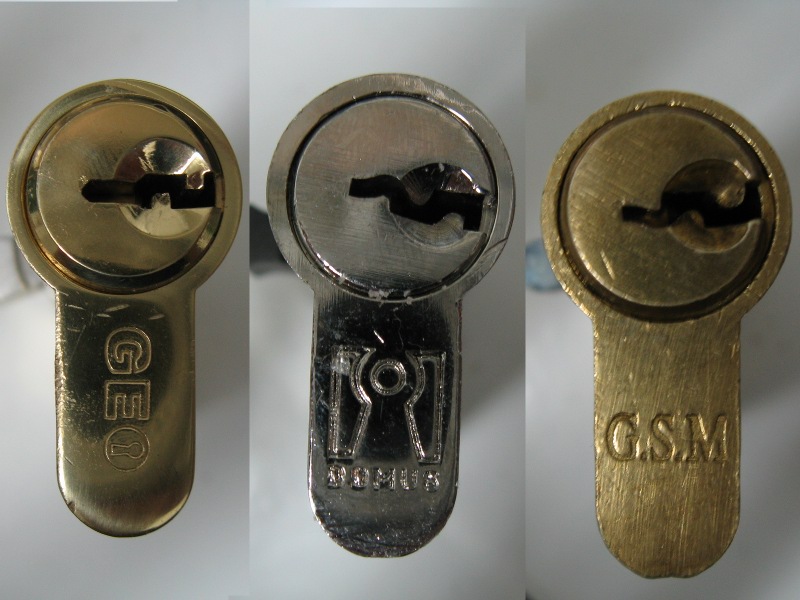Moving to Florida
Buying a home and moving from your old place can be exciting, but it’s also very stressful. You will suddenly be responsible for a very large mortgage payment every month. At the same time, though, you will have a place of your own. If you are planning on a move to Florida, then there are several things you need to do before you sign any paperwork.
Get Your Finances in Order
You need to have your finances all sorted out well before you start looking for a new house. If you have been previously renting, then the cost could be dramatically different. Additionally, if you are moving from out of state, you have to factor in a change for the cost of living. Take the time to consider every expense that will be involved in your new home purchase to determine how much you can afford to spend. Keep in mind that there is much more to it than just the mortgage payment itself. The new expenses include:
- The mortgage (there are calculators online that will help you determine the payment you can afford).
- Homeowners’ insurance
- Home upkeep and maintenance
- PMI (private mortgage insurance may be required depending on the lender and the loan).
- Utilities (they will be more expensive than in an apartment)
- Homeowners’ association fees
Remember that when you close on the loan, you will be committed to paying for that house. Before you even begin packing boxes and preparing for a move, you need to be absolutely sure you are financially prepared to buy a house.
Finding the Right Neighborhood
Whether you have children or not, you will want to choose the right neighborhood to move into. By narrowing down your options, you will find it easier to shop for the different houses for sale. You can do so much research online, but if you have a particular area in mind, then you can write to the chamber of commerce and ask for welcome packets. Keep in mind that even if you need to do business in the city, you could choose to live in smaller outlying areas. For example, if you wish to move to Gainesville, you could live in the metro area or choose from many of the small towns nearby depending on the convenience and way of life you prefer.
Find a Realtor
If you are moving to Florida from out of state, then you won’t be able to spend time touring houses and hunting down options you like. You need someone working for you who is familiar with the area. A realtor will be able to find properties that fit your parameters so that you don’t have to sift through the hundreds that are available.
Moving to Florida can be a fun; exciting experience and you will definitely want to find the right property to call your new home. Make sure you spend some time determining what type of house you could afford to buy and then research your different options to choose a property you will love.


